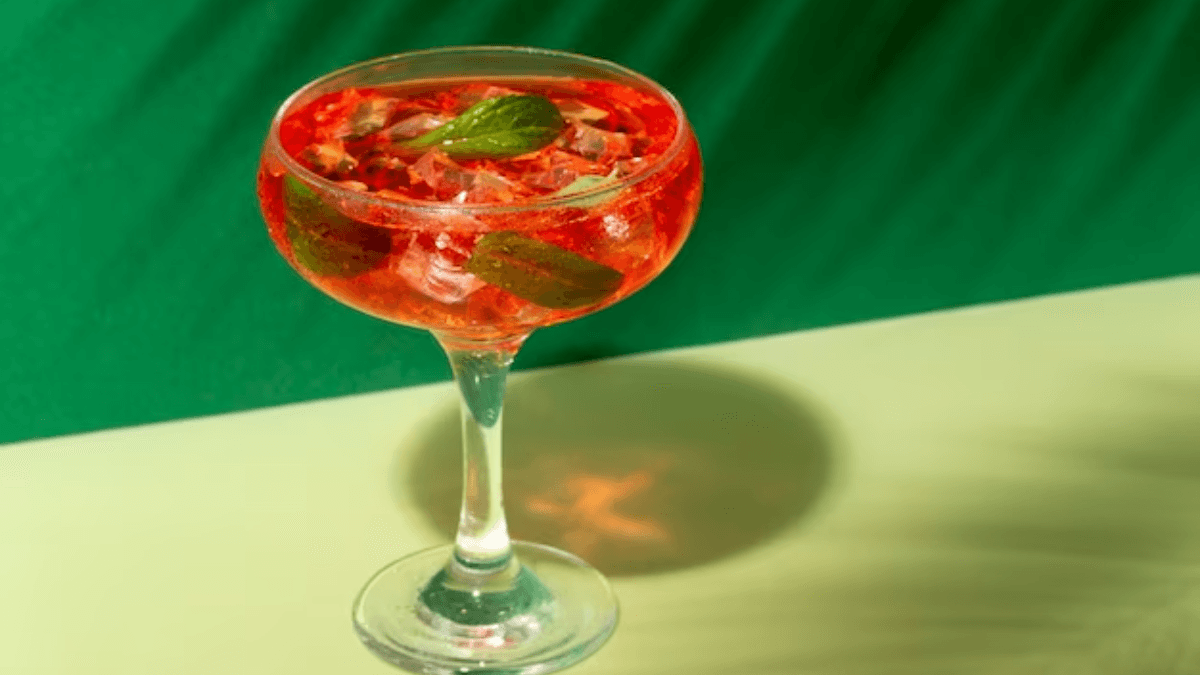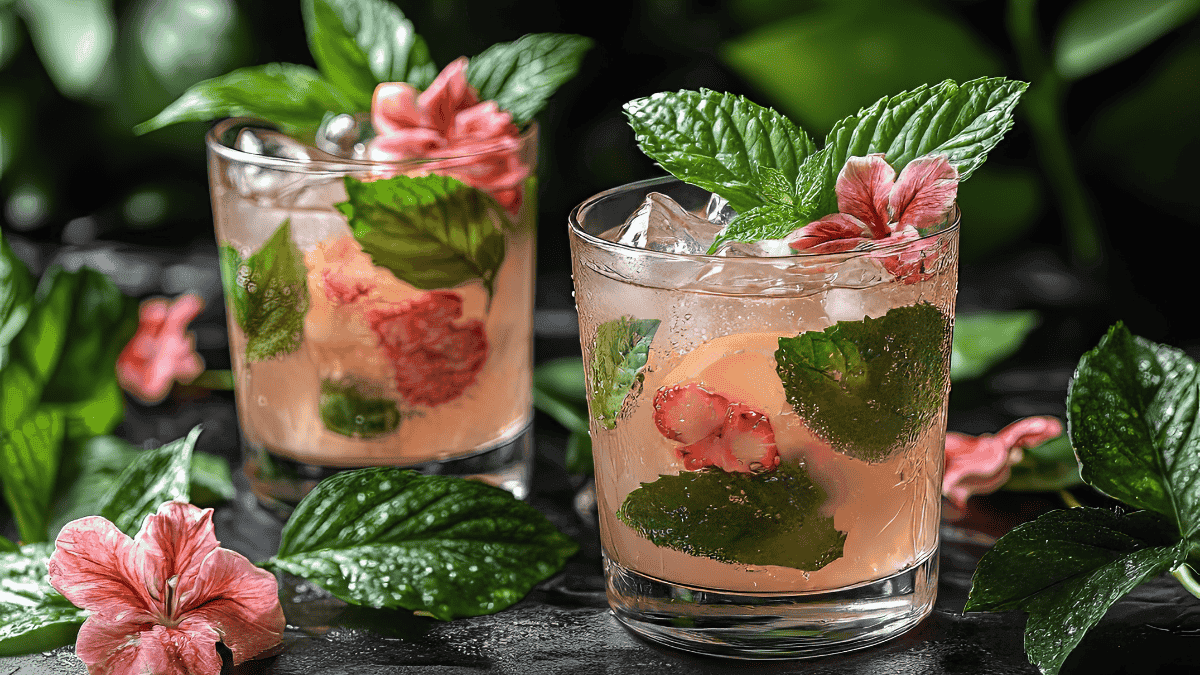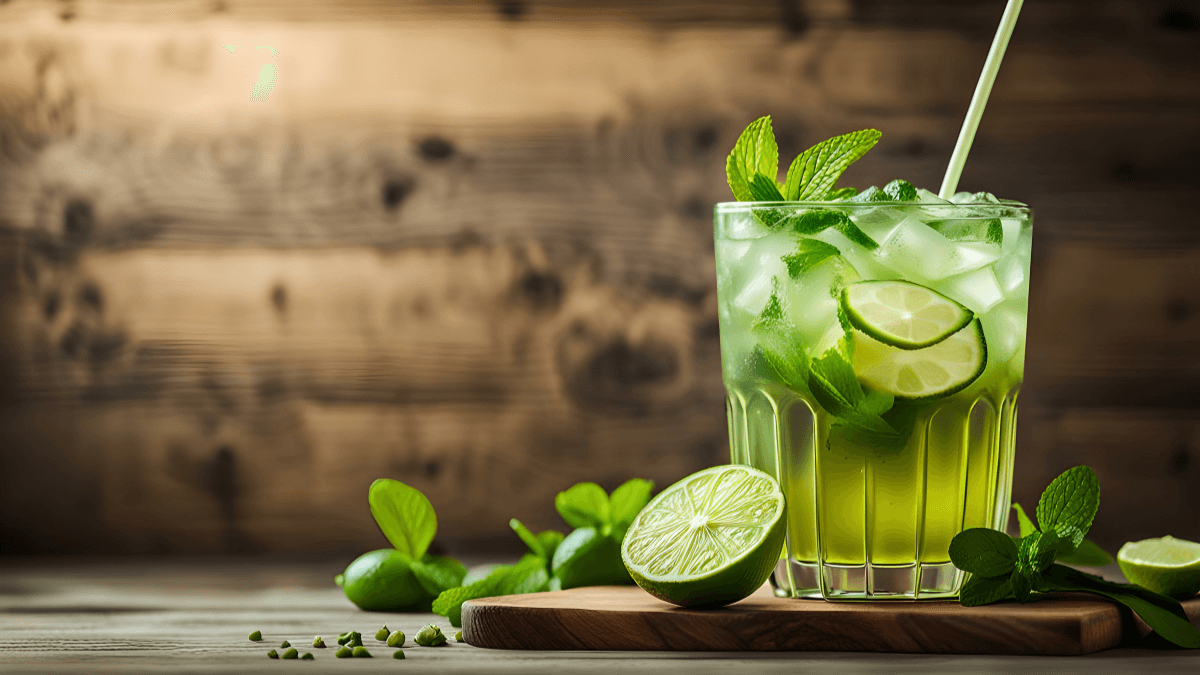5 Essential Tips To Look After A Bartender’s Garden During Winter
For a bartending enthusiast keen on cultivating a small kitchen garden to grow shrubs and fruits that can be incorporated into drinks, one of the essential requirements is taking extra care of these greens in winter.
As the temperature falls, the air becomes drier, moisture and sunlight are both reduced and this can hamper the growth of several plants. Even the herbs which grow perennially need some extra looking after during winter weather.
Taking proper care of a kitchen garden in such cool climes ensures that there are always plenty of blossoming herbs like mint and basil and ripe fruits like strawberries and raspberries available in winters to prepare seasonal mixes.
However, this process of tending to a bartender’s garden in the season of cool winds and snow (in certain regions) can be a bit tricky. It involves intense bouts of gardening and a lot of time spent in weeding the hard soil and pruning plants sparingly.
Here are some of the ways in which a bartender’s garden can be nurtured and flourishing during winter weather:
Bring Sensitive Plants Indoors
An essential hack for bartenders and gardeners for preserving plants during winter is to bring certain containers indoors. Pots carrying shrubs like rosemary and thyme are among these numbers because these herbs are sensitive towards frost. Such planters can be so placed indoors that they receive soft sunlight filtering in through window panes.
This way, the plants will continue to grow despite the cooling climes outdoors. If one has central heating or a thermostat at home, the temperature of the enclosed patio or area which houses the plants can be controlled to maintain adequate humidity.
With this, the herbs can be harvested during winter too.

Use Grow Lights
Grow lights are particularly used during winter when natural sunlight is scanty and plants require warm rays that encourage growth. LED lights can keep indoor plants vibrant. Place them a few inches above the pots so they radiate their light amidst cooling climes.
Certain shrubs sensitive to winter weather need to first be brought indoors and rearranged so the lights can be dropped down on them from above. Grow lights are particularly useful in those places where snowfall and harsh winters prevent adequate natural sunlight from reaching one’s backyard or kitchen garden.

Water Carefully
Another handy tip for winters is ensuring that plants are watered moderately. Even as the weather turns dry during this season and the moisture in the air gives way to frost, plants still need less water as their growth tends to be a little sluggish. One of the most common concerns in winters is overwatering which can cause the roots to rot.
Check the soil by holding it between one’s fingers to assess how much water it has retained. Water the plants only if the uppermost layer of the pots or the plant bed has completely dried. For herbs and small plants, using sprinklers for small periods on alternate days can be a prudent way to prevent overwatering.

Use Mulch
If plants are being cultivated in row beds outdoors, in a backyard garden or in a small covered patio, mulch can be used as the layering around the base of the shrubs for insulating the roots.
During winter, the frosty weather might reach right to the bottommost layer of the plants, chilling the roots. Mulch will not only protect the shrubs from this wintry climate but it will also regulate soil temperature and help to maintain a level of moisture which promotes plant growth even during cooler weather. Adding a layer of mulch to outdoor shrubs like sage, oregano and thyme can be useful to maintain their health during winters.

Set Up Row Covers
An easy tip for protecting one’s kitchen garden during winter is to set up row covers or cold frames which shield the plants against frost and light snow.
These structures can form a greenhouse-like feel even as they retain natural sunlight and protect sensitive plants from temperature changes.
Row covers are also simpler to manoeuvre and can be shifted efficiently at the time of harvesting or pruning.
Drink responsibly. This communication is for audiences above the age of 25.



